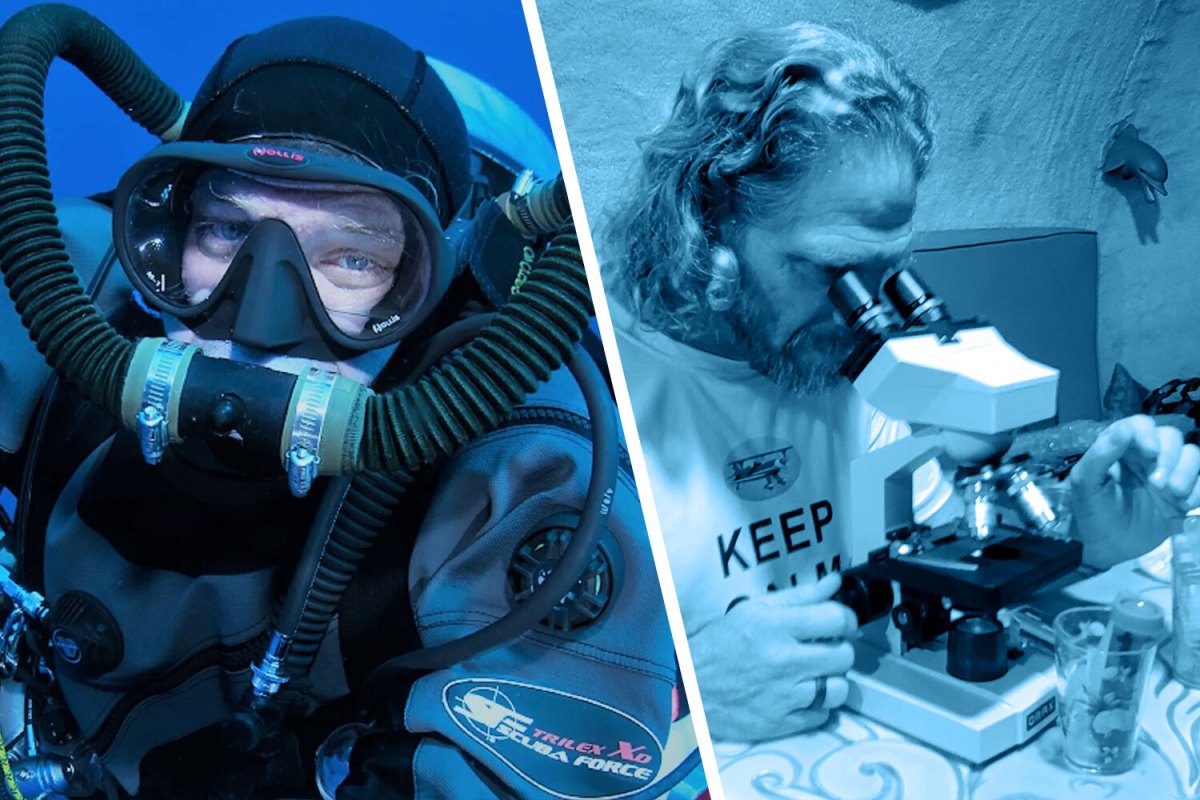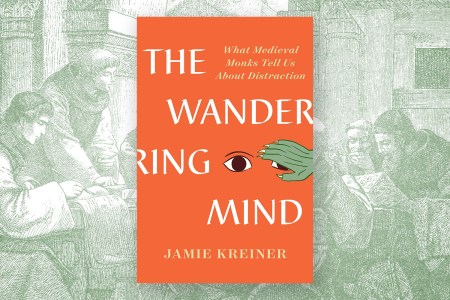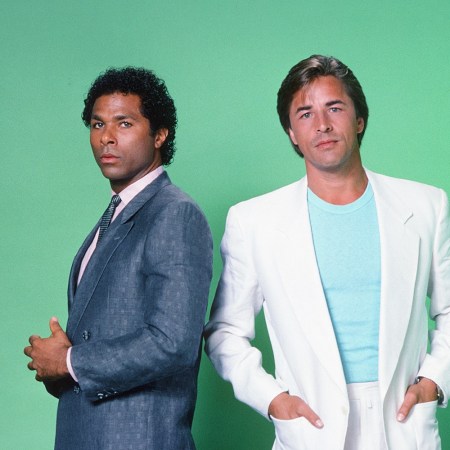Dr. Joseph Dituri is currently underwater — and he’ll be underwater for another couple months, in pursuit of Project Neptune 100. By the time he emerges from Jules’ Undersea Lodge off Key Largo, Florida, on June 9, he’ll have spent 100 days living underwater, setting a record in the process.
The biomedical engineer, University of South Florida associate professor and 28-year U.S. Navy veteran is both a scientist practicing his craft and a subject of his own experiment, studying the physiological and psychological effects of long-term exposure to extreme pressure. Speaking with us over Zoom (because cell service isn’t great 30 feet underwater), Dituri helped shed some light on why it’s better down where it’s wetter. “I’m having a good time, to be honest with you,” he says.
InsideHook: You’re the scientist and you’re also the experiment. What do you hope comes from this, personally and scientifically?
Joseph Dituri: I hope to get the awareness out about hyperbaric medicine. [Physicians] treat traumatic brain injury at the same pressure that I’m living at right now. We’re also doing marine science down here. We’re talking about invertebrates, crustaceans — you know, all of these weird, wild, funky creatures to get kids involved in science, technology, engineering and mathematics. I’m having a whole host of people down here. If we get all that done, that’s great.
On top of that, this is analogous to a space flight. We’re going to fly from [Earth] to Mars, and our best Hohmann transfer window right now is six months. Well, [that means] we have some isolated, confined extreme environment stuff to talk about and work out and figure out before we get on a freakin’ plane and go to Mars.
Most people probably don’t know that you are a 28-year U.S. Navy veteran.
Oh, yeah.
Could you be doing this at the age of 55 without those 28 years of experience?
No way. I barely made it out of high school. And I mean, barely — lower one-third of the class, no real prospects to go to college. So I went into the Navy. Then I worked my way up and went to college. I learned how to learn; I figured out what my learning style is. And now I have a Ph.D. in biomedical engineering.
You have a girlfriend, you have a mother, you have children. You’ve also been to war zones. Your mother seems to be more frightened about this experiment than bullets. Why do you think that is?
I don’t know — I wonder if she’s sensing her own mortality? Or if she’s projecting that on me? My girlfriend’s like, “Go get it.. And I was like, “Hey, I can stay longer than 100 days….” And she said, “No, you can’t.”
You just mentioned mortality. You’ve joked that this might extend your life. Do you believe this now that you’re about almost a third of the way through? Do you believe that this is going to help you long term?
Yeah, I mean — look, it is a known mechanism of action, that hyperbaric medicine does a couple of things. It increases stem cell production, absolutely guaranteed — we know that for sure. I have the evidence to back that up. The other thing we know is that it increases the length of the telomeres. So it absolutely is going to help. How much? We don’t know.
I’m doing this 100-day experiment, trying to do workouts, trying to eat the same way as on the surface, which is not exactly easy. You try to keep all things the same. But remember, and I caution people — this is one person doing this, so it’s not the nail in the coffin. It is not a Level 2 peer-reviewed paper. It’s the start. And that’s how science gets started: We figure out what the null hypothesis is. And then we do research on it.
I love my partner. I love my children. But couldn’t you just say any 100-day break from your partner and children will make you live longer?
Yeah. I have adult children. They’re off living their best life, and they are just crushing it. [In terms of my partner], I’m older — I’m 55. I’m at the point where I finally found somebody who is a giver, and I’m a giver. And we give together — and, oh boy, separations are a lot harder than I thought. A lot. Like I was at the point where, man, I can’t do this.
What Can Medieval Monks Teach Us About Concentration?
Talking distraction with the author of “The Wandering Mind”She can visit you. Is she going to visit you?
She absolutely has. She visited me when I first came down here. She’s also a Ph.D. in archaeology. She runs the largest archaeology firm in the world.
You see the irony of you liking the water and she likes the land.
A sub-core of [her] corporation is underwater archaeology.
You’re going under all these medical tests, blood panels, ultrasounds, electrocardiograms, stem cell tests. Before you went under, you underwent psychosocial and psychological tests. The physical tests are going to continue when you’re down there. Will the psychosocial and psychological tests continue?
100 percent. While we’re down here, we’re going to do another full battery of psychological and psychosocial exams, up until we’re about two months into it. Then we shift to every other week. And then from there, we’re going to shift to once a week towards the end. Maybe there’s something called sea craziness. Who knows?
You will know. You keep bringing up how you want to inspire kids. What do you think is the biggest barrier to working in science for children — specifically, marine science?
Access. There are several landlocked states where they just gotta go hours and hours and hours to get to a body of water, much less the ocean. That’s what MarineLab is good for. One of my sponsors is MarineLab, and they are terrific. They incentivize kids in landlocked places to get down here to Florida to get snorkeling around this place and see manatees and figure out what a mollusk is, etc. They’re great at what they do.
Your space is 13 feet long by eight feet wide. Have you spent any time in a tiny house?
Oh, yeah.
It doesn’t seem that dissimilar, based on the videos I’ve watched. You’re maybe getting more space than the average tiny house.
Absolutely agree. Except you can open the door in a tiny house and go for a walk. I can go for a swim the length of a football field around this lagoon. That’s it. And God forbid something happens. I can’t go to the surface [without giving up the record].
So let’s get to “God forbid something happens.” Besides the obvious, like something breaks that’s out of your control, the thing that you need to worry about most is your teeth. Do you use a separate toothpaste? Did you change your daily brushing habits before you went under? What are you doing now that you weren’t doing before you were underwater when it comes to your mouth?
Wow — honestly, that’s a consideration that most people don’t pick up. If anybody has had a toothache, or has broken a tooth or something, they know it’s a showstopper. So I sleep with a mouth guard because I grind my teeth. I try to relax, and I do my meditative breathing. Because there are things down here, that little bump in the night, and it throws your psyche into a different place.
My sleep, generally speaking, has been much better. Deep sleep and REM sleep has been way higher — off the charts — [compared to] what I usually do. But you are disturbed a lot more often down here. All of a sudden, man, you go into fight or flight — or at least I go into fight or flight — and when that happens, I do that teeth grinding thing. And that’s not good. You grind your teeth on a mission from here to Mars, and there’s no dentist on board, you’re in so much trouble.
We thought about it beforehand. You mitigate the risks, number one, by wearing a mouth guard. Second thing you do is you learn adaptive strategies, which is to change your eating style — eat on the right side of your mouth instead of the left side of your mouth, stuff like that. Let’s be real, dentists are in demand. So even if you tried to get an appointment, maybe it’s going to be 60 to 90 days before you can get an appointment. I only have 80 more days left. If I was hurting, I’d be like, “Yeah, I’ll figure it out.”
Are you worried that once the 100 days are up that you’ll want more?
Yeah. I’ve been put on notice by the CEO-Ph.D girlfriend. She said, “Listen, you can do 100 days. You cannot do 101 days because I agreed to 100, not 101. So get back here, I want to see you more.”
Is this what you thought being a scientist would be like?
Oh, no. When I began studying for a Ph.D. in biomedical engineering, everybody around me was friggin’ miserable. But remember, I’m a late-in-life Ph.D., right? So I said it doesn’t have to be that way. And they were like, “Well, you just don’t understand — you have to pay your dues and author papers and do boring and mundane stuff.” And I said, “Ah, it’s not my jam.” That’s not me. I’m just trying to do something differently. And then we can incentivize a whole group of kids to use scientific principles to solve problems, or at least get a hypothesis going. Perfect is the enemy of good enough. We’ve got to do science that winds up being good enough. So we’re trying.
Follow along with Dituri’s Project Neptune 100 by following him on Instagram @drdeepsee.
This article appeared in an InsideHook newsletter. Sign up for free to get more on travel, wellness, style, drinking, and culture.


























